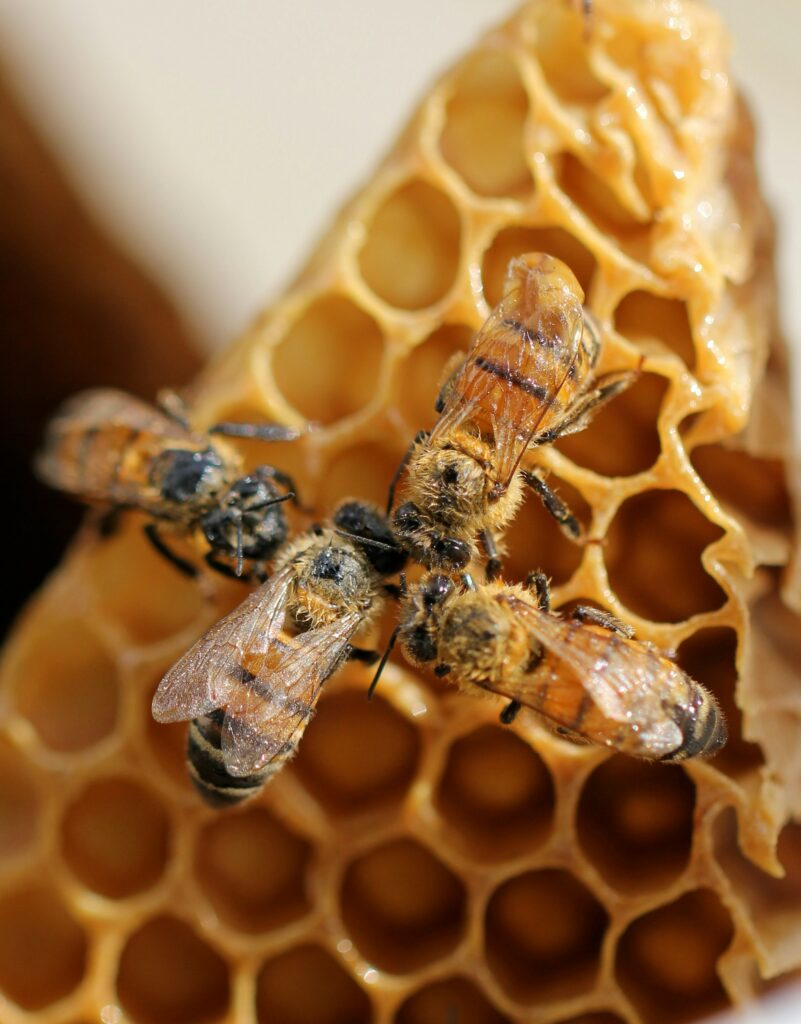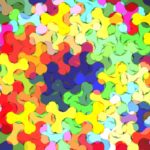The recent publication of the “New York Declaration on Animal Consciousness” marked an important turning point in the way researchers and society view animal consciousness. Signed by 287 philosophers, ethicists, ethologists and neurobiologists, this declaration highlights the realistic possibility that all vertebrates and many invertebrates possess some form of consciousness. In many sectors, such as agri-food, healthcare, cosmetics, luxury goods and textiles, the question of the relationship between research and the use of products derived from animals in the broadest sense is an integral part of business models. Honey, dairy products, skins, enzymes… The integration of a precautionary principle concerning animal consciousness could lead to an evolution in practices in laboratories, in companies and in the choices of the most ethical investors.
Invertebrate Consciousness and Regulation
Since laboratory animals were first regulated in the EU back in 1986, there have been significant developments. In 2010, the European directive included cephalopods following studies showing their cognitive abilities. Decapod crustaceans could be next on the list. These legislative evolutions are based on solid scientific data and require a constant re-evaluation of animal consciousness. Of particular note:
- Invertebrate Cognitive Capabilities Research shows that insects, like bees, possess advanced cognitive capabilities. For example, bees can apply abstract rules to new situations and master the concept of zero. These findings suggest that these small brains harbor high-level cognitive processes.
- Consciousness testing and human biases Traditional consciousness tests, such as the mirror recognition test, can be biased by our human perception. Recent research shows that some species, previously thought to lack self-awareness, can pass these tests. This calls for a reassessment of our conclusions about animal consciousness.
- Recognition of consciousness in insects and other invertebrates could lead to significant changes in research practices. Recommendations for decapods and insects have been drafted to define housing and killing standards. If these animals were included in the European directive, researchers would have to undergo specific training, which would improve both the ethics and quality of research.
Research practices and environmental responsibility
The New York Declaration initiates a collective process involving researchers, public authorities and economic players (companies, financial partners). Indeed, this declaration questions current practices and the prevailing acceptance of animal consciousness at 3 levels:
- Evolution of research practices: Research practices must evolve to take animal consciousness into account. Protocols can be adapted to reduce the number of animals used and improve their welfare. For example, the use of electric shocks to study aversive memory in bees has been reduced.
- Ethics and animal welfare: Consideration of animal consciousness raises ethical questions about the farming of insects as a source of protein. Research shows that sublethal doses of pesticides cause brain damage in bees, underlining the importance of assessing the impact of human practices on insects.
- Environmental responsibility: The New York Declaration calls for a broader reflection on our responsibility towards animals and the environment. This reflection is part of the One Health movement, which recognizes the interconnection between animal, ecosystem and human health. It is crucial to understand and minimize the damage caused to insects and other animals, as this affects the biodiversity and ecosystems on which our survival depends.
Conclusion
The New York Declaration on Animal Consciousness represents a call to rethink our relationships with animals and the environment. By recognizing the possibility of consciousness in a wide variety of animals, this declaration encourages ethical and practical changes in research, animal welfare and environmental protection. It underlines the importance of treating all living beings with respect, and of taking their well-being into account in our decisions.
On a daily basis, Ksapa works on the ethical issues that need to be integrated into various research and development reflections – responsible technologies, for example, in the development of consensus between stakeholders on acceptable good environmental and social practices within a given timeframe. Ksapa can work alongside you to take account of these new considerations and their implications for your organization’s strategy and operating methods.
Président et Cofondateur. Auteur de différents ouvrages sur les questions de RSE et développement durable. Expert international reconnu, Farid Baddache travaille à l’intégration des questions de droits de l’Homme et de climat comme leviers de résilience et de compétitivité des entreprises. Restez connectés avec Farid Baddache sur Twitter @Fbaddache.






























































































































































